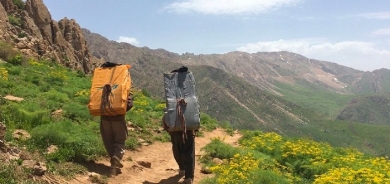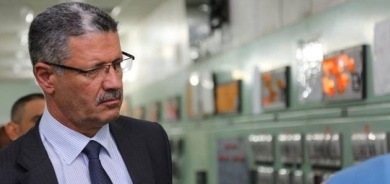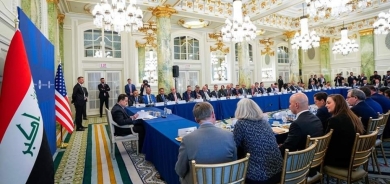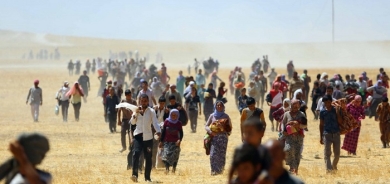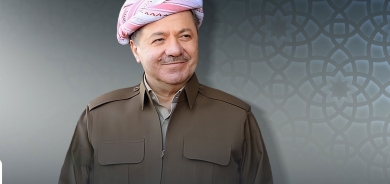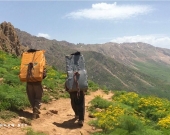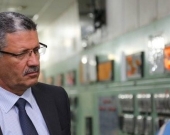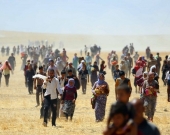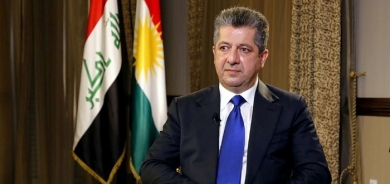UN Special Representative Urges Urgent Action to Address Instability and Gender-Based Violence in Iraq
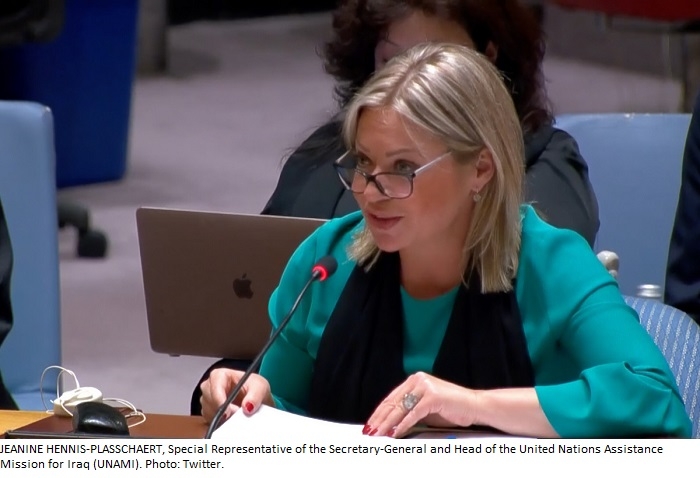
In a recent briefing to the United Nations Security Council, Jeanine Hennis-Plasschaert, the Special Representative of the Secretary-General and Head of the United Nations Assistance Mission for Iraq (UNAMI), highlighted the ongoing challenges faced by Iraq. She emphasized that corruption, weak governance, armed non-State actors, impunity, factional politics, poor service-delivery, inequality, unemployment, and an overreliance on oil were the key drivers of instability in the country.
Hennis-Plasschaert commended the government's resolve to tackle pressing issues but stressed the need for relentless commitment, independent State institutions, and an active civic space. She urged actors to prioritize national interest over individual or party interests and emphasized the importance of constant compromise to balance differing interests.
The passing of the federal budget, economic diversification, and major structural reforms were identified as crucial steps towards achieving public service delivery and addressing Iraq's reliance on oil. Hennis-Plasschaert also noted the recent political tensions between ruling parties in the Kurdistan region and the need for long-overdue parliamentary elections in the region.
Addressing the issue of missing Kuwaiti and third-country nationals, she highlighted ongoing efforts by Iraqi authorities, assisted by the International Committee of the Red Cross (ICRC) and the Tripartite Commission, to locate witnesses and burial sites. However, progress is awaited on the retrieval of missing Kuwaiti property, including the national archives.
The briefing also touched upon the critical issue of violence against women in Iraq. Khanim Latif, Founder and Director of Asuda for Combating Violence Against Women, expressed deep concern over the widespread violence and severe restrictions faced by Iraqi women. She highlighted the prevalence of "honour killings," early and forced marriage, and incest. Latif urged the Iraqi Government to adopt anti-domestic violence legislation, amend the Penal Code, prevent sectarian interpretations of the Personal Status Law, and provide access to justice and support for survivors.
Latif further emphasized the need for women's meaningful participation in decision-making processes and called for the establishment of a national mechanism for women with a sufficient budget to implement resolution 1325 (2000) on women, peace, and security.
Regarding the climate crisis, Latif noted Iraq's vulnerability and the disproportionate impact on women, particularly in relation to internal migration and loss of livelihoods. She urged the government to adhere to international climate agreements and take measures to mitigate the adverse effects of climate change.
In conclusion, both Hennis-Plasschaert and Latif underscored the need for urgent action to address instability and gender-based violence in Iraq. They called for the international community to support Iraq with technical expertise and resources, urging a shift away from militarized approaches towards lasting peace.


